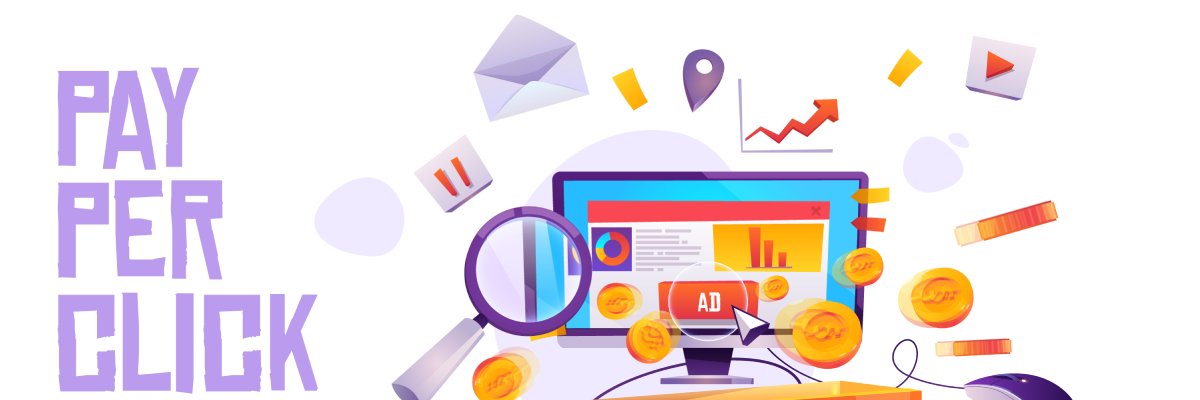Explanation of PPC Advertising
Pay-per-click (PPC) advertising is a popular form of digital advertising where advertisers pay a fee every time someone clicks on one of their ads.
It’s an effective way to drive traffic to your website, generate leads, and increase sales.
Brief Overview of Innovations and Advancements in PPC Advertising
PPC advertising has come a long way in recent years, with advancements in technology and new approaches to audience targeting and personalization.
This blog post will explore some of the most exciting innovations in PPC advertising and how businesses can leverage them to drive better results.
AI and Machine Learning in PPC Advertising
A. Definition of AI and Machine Learning
Artificial intelligence (AI) and machine learning are technologies that enable computers to learn from data and make decisions based on that data.
In PPC advertising, AI and machine learning can be used to optimize campaigns, analyze data, and improve targeting.
B. Advantages of AI and Machine Learning in PPC Advertising
AI and machine learning offers several advantages for PPC advertising, including:
- Improved targeting: AI and machine learning algorithms can analyze data to identify the best audience for a campaign and create personalized ad experiences for them.
- Optimization: AI and machine learning can be used to optimize campaigns in real-time, adjusting bids, and targeting based on performance data.
- Predictive modeling: AI and machine learning algorithms can be used to predict which campaigns and ad creatives are likely to perform best, enabling businesses to make more informed decisions.
C. Implementation of AI and Machine Learning in PPC Advertising
To implement AI and machine learning in PPC advertising, businesses can:
- Use machine learning algorithms to analyze data and identify trends in performance.
- Use AI-powered tools to optimize campaigns and adjust bids based on performance data.
- Utilize predictive modeling to make data-driven decisions about campaign strategies and creative choices.
Automation in PPC Advertising
A. Definition of Automation in PPC Advertising
Automation refers to the use of software tools and algorithms to automate repetitive or time-consuming tasks in PPC advertising, such as bid management, ad creation, and reporting.
B. Advantages of Automation in PPC Advertising
Automation offers several advantages for PPC advertising, including:
Time-saving: Automating repetitive tasks frees up time for marketers to focus on strategy and creative development.
Consistency: Automation can ensure that campaigns are executed consistently across multiple channels and platforms.
Optimization: Automation can be used to optimize campaigns in real-time, adjusting bids and targeting based on performance data.
C. Implementation of Automation in PPC Advertising
To implement automation in PPC advertising, businesses can:
Use automation tools to manage bidding, ad creation, and reporting.
Set up automated rules for bid adjustments and campaign optimization based on performance data.
Use machine learning algorithms to automate campaign optimization and decision-making.
Personalization in PPC Advertising
A. Definition of Personalization in PPC Advertising
Personalization refers to the practice of creating individualized ad experiences for each user based on their interests, behaviors, and demographics.
B. Advantages of Personalization in PPC Advertising
Personalization offers several advantages for PPC advertising, including:
Improved engagement: Personalized ads are more relevant to users, leading to higher engagement and click-through rates.
Increased conversions: Personalization can lead to higher conversion rates by creating more personalized experiences for users.
Better customer relationships: Personalization can help businesses build better relationships with customers by showing that they understand and value their interests and preferences.
C. Implementation of Personalization in PPC Advertising
To implement personalization in PPC advertising, businesses can:
Use data to create personalized ad experiences for each user.
Utilize dynamic ad creative that adapts to the user’s interests and behaviors in real time.
Use retargeting and lookalike audiences to target users who have previously interacted with the business or are similar to their existing customers.
Targeting in PPC Advertising
A. Definition of Targeting in PPC Advertising
Targeting refers to the practice of identifying and reaching the right audience for a PPC advertising campaign based on factors such as demographics, interests, and behaviors.
B. Advantages of Targeting in PPC Advertising
Targeting offers several advantages for PPC advertising, including:
Improved ROI: Targeting ensures that campaigns are reaching the right audience, increasing the likelihood of conversions and improving ROI.
Increased relevance: Targeting can create more relevant ad experiences for users, leading to higher engagement and click-through rates.
Cost savings: Targeting can help businesses avoid wasted spend by focusing their advertising budget on the most promising audiences.
C. Implementation of Targeting in PPC Advertising
To implement targeting in PPC advertising, businesses can:
Use audience targeting options such as demographics, interests, and behaviors to reach the right audience.
Utilize retargeting to target users who have previously interacted with the business or shown interest in their products or services.
Use lookalike audiences to reach users who are similar to the business’s existing customers.
Embrace the Future of PPC Advertising: Leveraging Innovations and Advancements to Supercharge Your Marketing Strategy
As the world of digital marketing continues to evolve, staying up-to-date with the latest advancements in PPC advertising is crucial to staying ahead of the competition.
By embracing the latest technologies and strategies, you can take your PPC campaigns to the next level, delivering better results and greater ROI.
Don’t get left behind – start exploring the future of PPC advertising today and unlock the full potential of your marketing efforts!








